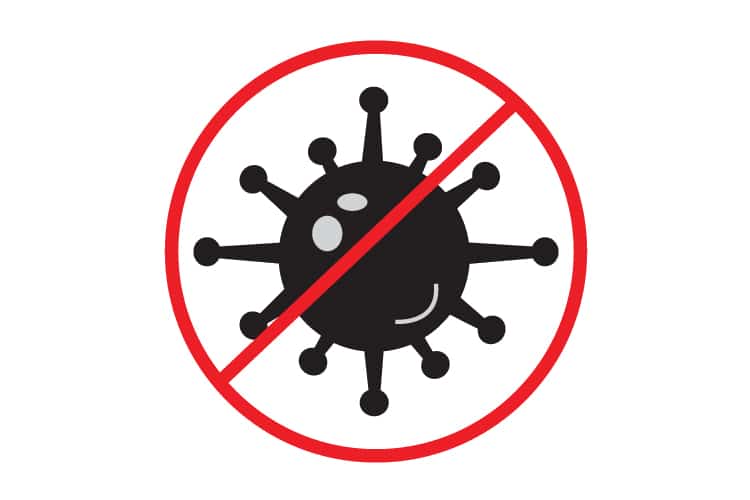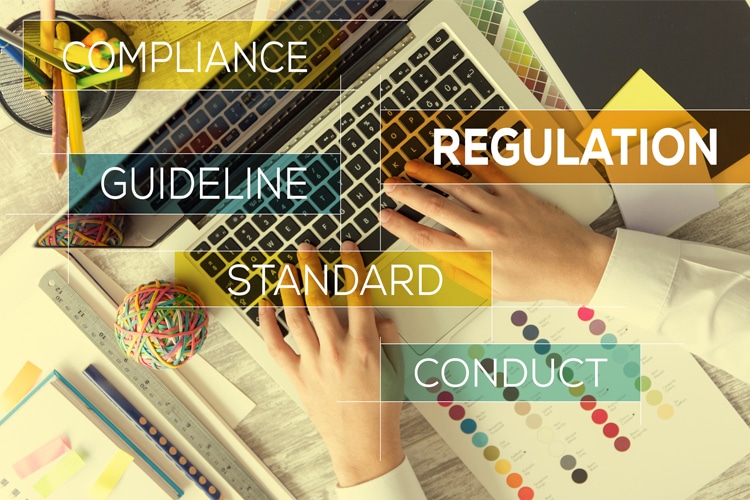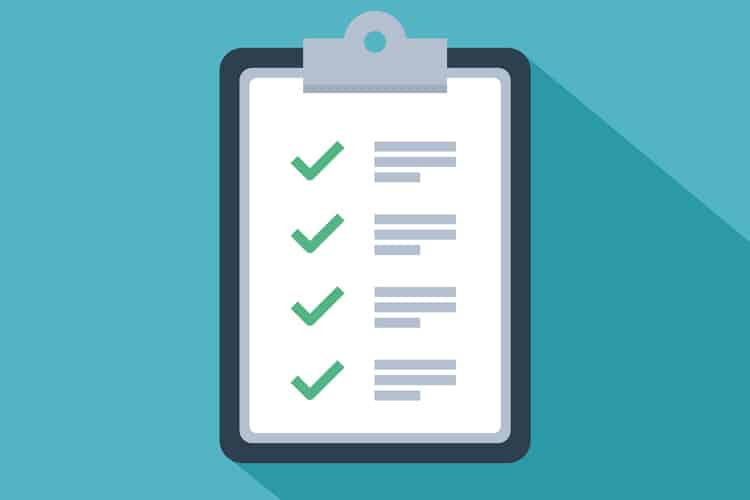Implement an Infection Control Coordinator
The primary goal of an infection prevention and control program is to prevent health care-associated infections in patients and prevent exposures and illnesses in personnel.

The primary goal of an infection prevention and control program is to prevent health care-associated infections in patients and prevent exposures and illnesses in personnel. To achieve these goals, health care settings—including dental health care settings—must have an operational infection control and safety program consistent with current United States Centers for Disease Control and Prevention (CDC) guidance, Occupational Safety and Health Administration (OSHA) regulations, and relevant state and local regulations and standards. The site-specific program requires management and oversight. This is the primary responsibility of the infection control coordinator, also referred to as the infection prevention coordinator.
Photo Credit: Natali_Mis / iStock / Getty Images Plus

Guidelines for Implementation
The Guidelines for Infection Control in Dental Health-Care Settings—2003 state: “An infection-control coordinator (eg, dentist or other dental health care personnel) knowledgeable or willing to be trained should be assigned responsibility for coordinating the program. The effectiveness of the infection control program should be evaluated on a day-to-day basis and over time to help ensure that policies, procedures, and practices are useful, efficient, and successful. Although the infection control coordinator remains responsible for overall management of the program, creating and maintaining a safe work environment ultimately requires the commitment and accountability of all dental health care personnel.”
Photo Credit: Theerakit / iStock / Getty Images Plus

Duties and Responsibilities
Some of the general responsibilities of the infection control coordinator are:
- Developing site-specific policies and standard operating procedures that are consistent with CDC guidelines, OSHA regulations, state and local regulations, and relevant standards.
- Reviewing existing policies and standard operating procedures to identify gaps and outdated information.
- Acting as a resource for personnel in the dental health care setting.
- Maintaining relevant documentation, records, permits, licenses, etc.
- Providing infection prevention and control education and training for new and existing personnel.
- Monitoring compliance with written policies and procedures through observations, checklists, and other evaluation methods.
Photo Credit: taranchic / iStock / Getty Images Plus

Policies and Procedures
Written policies and procedures must be implemented into day-to-day practice. The employee designated as the infection control coordinator is responsible for all equipment and supplies, such as ensuring hand hygiene products and personal protective equipment supplies are well-stocked and purchasing safety devices to reduce the risk of needle sticks. This employee is also in charge of communicating all information and concerns regarding infection control.
Photo Credit: relif / iStock / Getty Images Plus

Monitor and Evaluate
Another responsibility of the infection control coordinator is to monitor and evaluate the site-specific infection control and safety program. According to the CDC guidelines, this provides the infection control coordinator with the ability to improve the efficacy of the practice’s standards, as well as its infection control protocol.
Photo Credit: Avector / iStock / Getty Images Plus

Necessary Support
To ensure a successful infection control and safety program, the infection control coordinator must have support of management and administration. This support includes adequate time and access to resources to effectively complete the responsibilities of the infection control coordinator.
Photo Credit: scyther5 / iStock / Getty Images Plus

Education
Building from the work of the Infection Control Consortium, OSAP, the Dental Assisting National Board, and the Dental Auxiliary Learning and Education Foundation (DALE Foundation) collaborated to develop a multiyear infection control education and certification initiative to support the education of the dental infection control coordinator. A standardized educational program on infection control has since been created—the OSAP-DALE Foundation Dental Infection Prevention and Control Certificate Program. The partnership is developing two professional certification programs in the near future: the clinically focused Certified in Dental Infection Prevention and Control and the industry-focused Dental Industry Specialist in Infection Prevention and Control.

